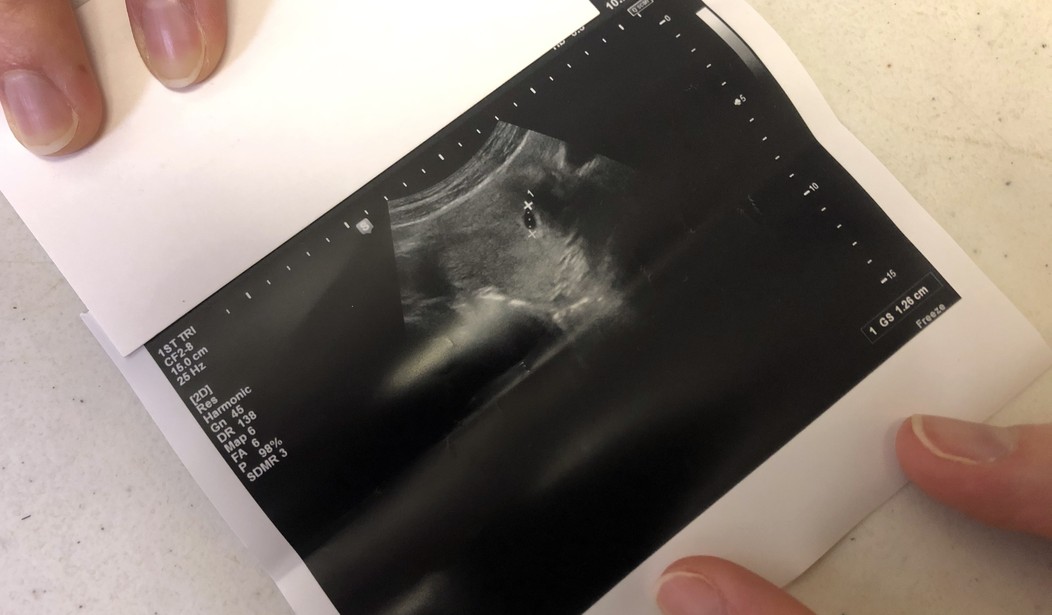This week, a team of doctors in Boston performed the first-ever, life-saving brain surgery on an unborn baby with a deadly genetic disorder.
According to the New York Post, the baby was diagnosed with a vein of Galen malformation (VOGM) at 30 weeks gestation. A team of doctors at Boston Children’s Hospital and Massachusetts General Hospital performed the procedure on the baby (via the New York Post):
VGOM is a rare blood vessel abnormality inside the brain in which misshapen arteries in the brain connect directly with veins instead of capillaries, which slows blood flow, and high-pressure blood can rush into the brain, according to Boston Children’s Hospital.
The extra pressure can cause a number of issues including rushing blood toward the heart and lungs which forces the heart to work overtime — and can cause congestive heart failure in some infants and rising blood pressure leading to pulmonary hypertension. It can also prevent the baby’s brain from draining accurately which can lead to brain injury and sometimes causing loss of brain tissue, and sometimes developing hydrocephalus — an enlarged head.
Increased blood pressure also increases the risk of heart disease over time.
According to studies looking at all diagnosed cases of VOGM in the neonatal period — the first four weeks of a child’s life — about one-third of all patients do not survive, about one-third suffer moderate to severe neurocognitive compromise despite treatment and only one-third survive to adulthood without “significant compromise,” the Boston Children’s Hospital said on its site.
Recommended
Three weeks after the baby was born, it showed no signs of abnormal blood flow in MRI scans. And, the child showed no needed cardiovascular assistance.
“In our ongoing clinical trial, we are using ultrasound-guided transuterine embolization to address the vein of Galen malformation before birth, and in our first treated case, we were thrilled to see that the aggressive decline usually seen after birth simply did not appear,” lead study author Darren B. Orbach, M.D., Ph.D., co-director of the Cerebrovascular Surgery & Interventions Center at Boston Children’s Hospital and an associate professor of radiology at Harvard Medical School, said in a statement. “We are pleased to report that at six weeks, the infant is progressing remarkably well, on no medications, eating normally, gaining weight and is back home. There are no signs of any negative effects on the brain.”
“While this is only our first treated patient and it is vital that we continue the trial to assess the safety and efficacy in other patients, this approach has the potential to mark a paradigm shift in managing vein of Galen malformation where we repair the malformation prior to birth and head off the heart failure before it occurs, rather than trying to reverse it after birth,” Orbach added. “This may markedly reduce the risk of long-term brain damage, disability or death among these infants.”
According to the Mayo Clinic, many health centers perform fetal surgery on many birth defects, including spina bifida, mediastinal teratoma, and bronchopulmonary sequestration of the lung. When performed by fetal surgery experts, this kind of intervention can result in the baby being “significantly less disabled” after birth.

























Join the conversation as a VIP Member